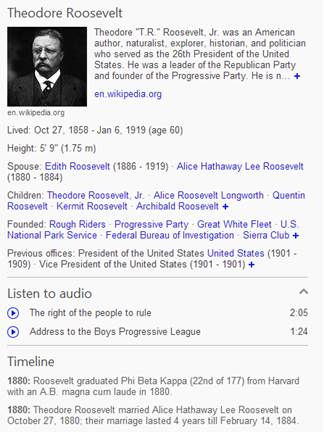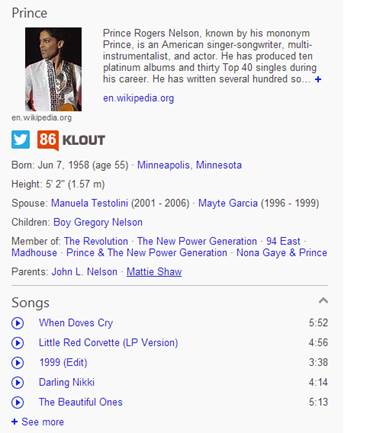New research from Yext and Forbes reinforces just how important it is to keep the information on search engine results relevant to your business accurate and up-to-date.
The findings from more than 500 US consumers indicates that people automatically assume only half of the information they see in search results is accurate. Additionally, those consumers then hold the brands responsible for any inaccurate information about them, even when it appears outside of your official channels.
The study also revealed a few more bits of interesting information:
- 57% of respondents say they bypass search and visit a brand’s official website first because they believe the information there will be more complete and accurate.
- 50% of consumers regularly turn to third-party sites and apps to find information about brands.
- 48% of those surveyed said a brand’s website is their most trusted source of information.
- 47% say they are more likely to trust a third-party site over a brand’s website.
- 20% of current and new customers trust social media to deliver accurate brand information.
- 28% of consumers avoid buying a brand’s product after seeing inaccurate information.
Marc Ferrentino, Chief Strategy Officer of Yext elaborated on the findings, saying:
”Our research shows that regardless of where they search for information, people expect the answers they find to be consistent and accurate — and they hold brands responsible to ensure this is the case.
… there is a significant opportunity for businesses to differentiate themselves from their competition through verification on and off of their own websites.”

 Bing is quickly expanding their new timeline feature for celebrities and historical figures. Just a few weeks after premiering the feature for athletes participating in the Sochi Olympics, Bing has added the feature to searches for about half a million famous people.
Bing is quickly expanding their new timeline feature for celebrities and historical figures. Just a few weeks after premiering the feature for athletes participating in the Sochi Olympics, Bing has added the feature to searches for about half a million famous people.


